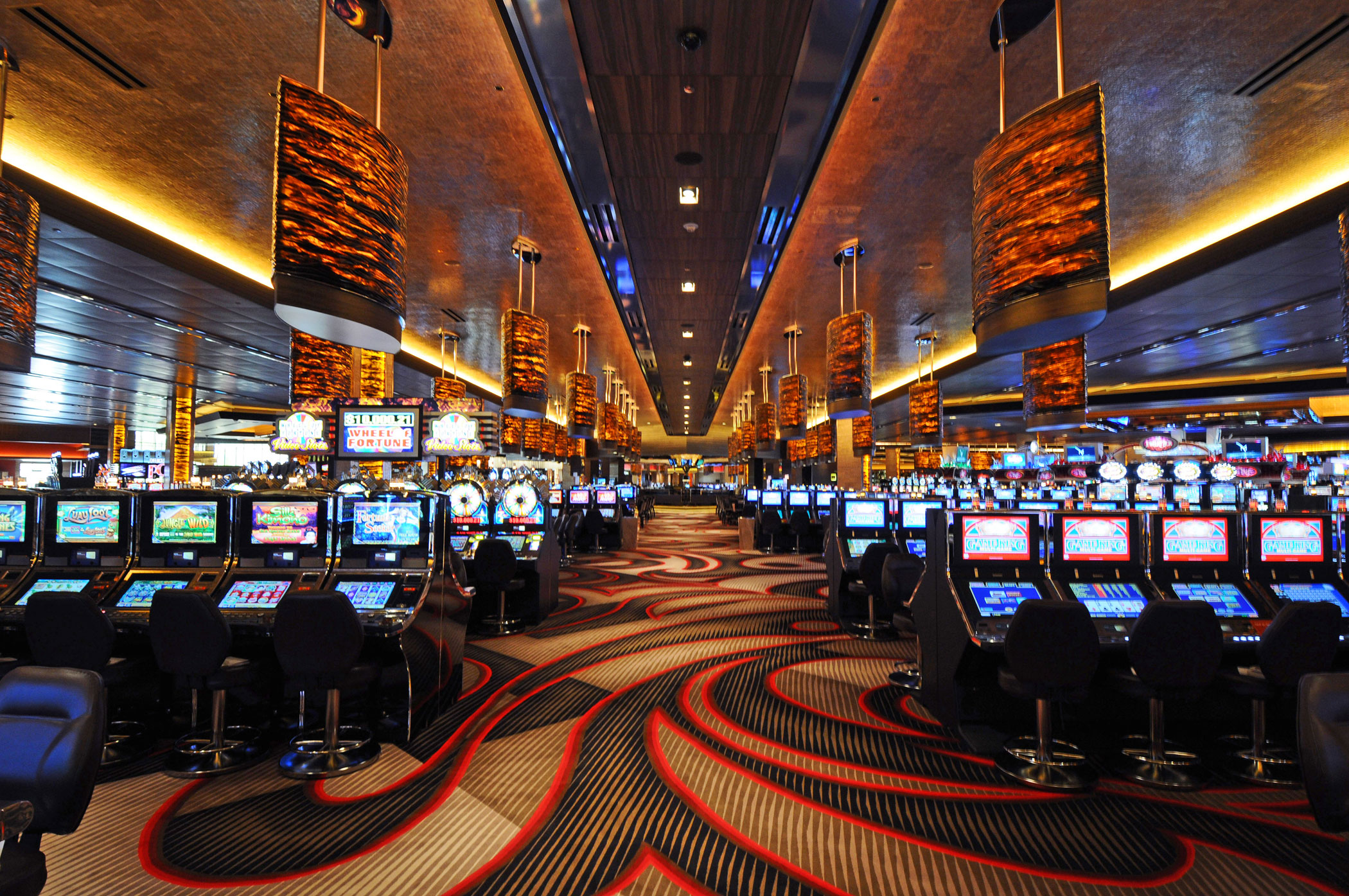
When we think of gambling games, the initial pictures that frequently cross our minds are those of spinning roulette wheels, card tokens clinking on fabric surfaces, and dice rolling across a gaming surface. While numerous view these activities as simple hobbies fueled by luck, a more profound exploration reveals a fascinating blend of tactics, expertise, and social interaction that raises them well beyond simple luck. Whether you are a seasoned player or a curious newcomer, grasping the subtleties of these games can greatly enhance your experience and understanding.
Casino games have developed over hundreds of years, with various cultures contributing to their rich histories and variations. From the intricate tactics of blackjack to the deception tactics in poker, players engage in a battle of wits as much as a gamble on numbers. This exciting interplay between chance and expertise creates a thrilling atmosphere that draws countless people to casinos worldwide. As we explore the realm of table activities, we will reveal the strategies that can shift the odds in your favor and the community elements that make these activities a favored choice for leisure and engagement.
A Approach Behind Table Games
Casino games often combine a mix of skill and chance, making them fascinating for players who enjoy a challenge. Each title has their unique set of guidelines and strategies that can affect the results. For instance, in titles like blackjack, players are required to use tactics like counting cards and grasping the probabilities to make smart decisions. This skill set can significantly improve the victory potential, differentiating experienced participants from novices who may rely solely on luck.
In contrast, titles such as the roulette may appear to be entirely based on luck, but tactical thinking can also come into the equation. Participants can select between various wagering tactics, such as the Martingale system, where they increase the wagers after losses. This method can establish a more controlled approach to the game. Grasping the odds of specific wagers can also assist players make smarter decisions on the table, showcasing that even games of luck, tactics can enhance the experience.
Furthermore, poker stands out as a title that heavily emphasizes tactics. In contrast to most casino titles, poker merges skill, mental acuity, and chance. Players must also concentrate on the cards they are given but also consider their rivals’ behavior and wagering patterns. Mastering principles like position, pot odds, and reading bluffs is crucial for success. This complexity of strategy in poker often leads to a more engaging experience for participants, where their decisions and abilities significantly impact the match’s outcome.
Grasping Chance and Odds
In the world of gambling activities, likelihood and odds have a vital role in deciding a gambler’s possible consequences. Every game has its own set of guidelines that define how the chance of winning or losing is measured. For case, in games like blackjack, players have a opportunity to modify their odds through tactics, whereas in matches like roulette, the results are purely governed by luck. Grasping how these chances are measured can substantially impact how a gambler deals with the game.
Ratios are typically expressed in two forms: fractional and numeric. Ratio odds indicate the proportion of the amount won to the amount staked, whereas numeric odds show the total return for a successful bet, including the initial bet. For example, if a match has ratios of 5 to 1, this means that for every one unit bet, a gambler could win five units if they win. Learning how to interpret these odds enables players to assess their potential earnings and make more informed decisions during play. non GamStop casinos UK
Gamblers should also be conscious of the house edge, which is the casino’s inherent benefit over the gamblers. Each game has a different advantage, and grasping this concept is essential for controlling one’s expectations and funds. Games with a reduced advantage, such as 21 and chemin de fer, typically offer superior odds for gamblers compared to games like slots and lottery. By acknowledging the relationship between chance, odds, and the house edge, gamblers can improve their gaming experience and strategize more efficiently.
The Aspect of Casino Table Games
Casino games at casinos are often seen as a hub of social interaction, bringing participants together in a collective experience that extends far beyond the mere act of playing games. The atmosphere at a poker table can be electric, with players engaging not only with the game itself but also with one another. Laughter, cheers, and, occasionally, playful teasing create connections that improve the overall enjoyment of the gaming experience. This communal aspect can turn a solitary endeavor into a lively social event, making table games particularly appealing.
One of the fascinating elements of table gaming is the way it fosters friendship among participants. Whether it’s collaborating to defeat the dealer at a dice table or sharing stories between hands in a card game, the environment encourages communication. Participants often share advice or strategies, creating a sense of community that boosts the fun. This interpersonal atmosphere can make new players feel included and less daunted by the competitive nature of casino games. As the game continues, friendships may form, leading to a sense of belonging that keeps players returning to the table.
Moreover, the social aspect of gaming at tables extends outside just the participants. Casino staff play a vital role in encouraging interaction and maintaining the flow of the game. Their ability to engage players with warm dialogue and their expertise in managing the table can create an inviting atmosphere. This relationship between players and dealers adds another layer of enjoyment, where gamblers feel connected not only to each other but also to the staff. Such interactions are often what make the experience memorable, as participants leave with tales to tell and connections made, reinforcing the notion that table games are truly about something greater than luck.
